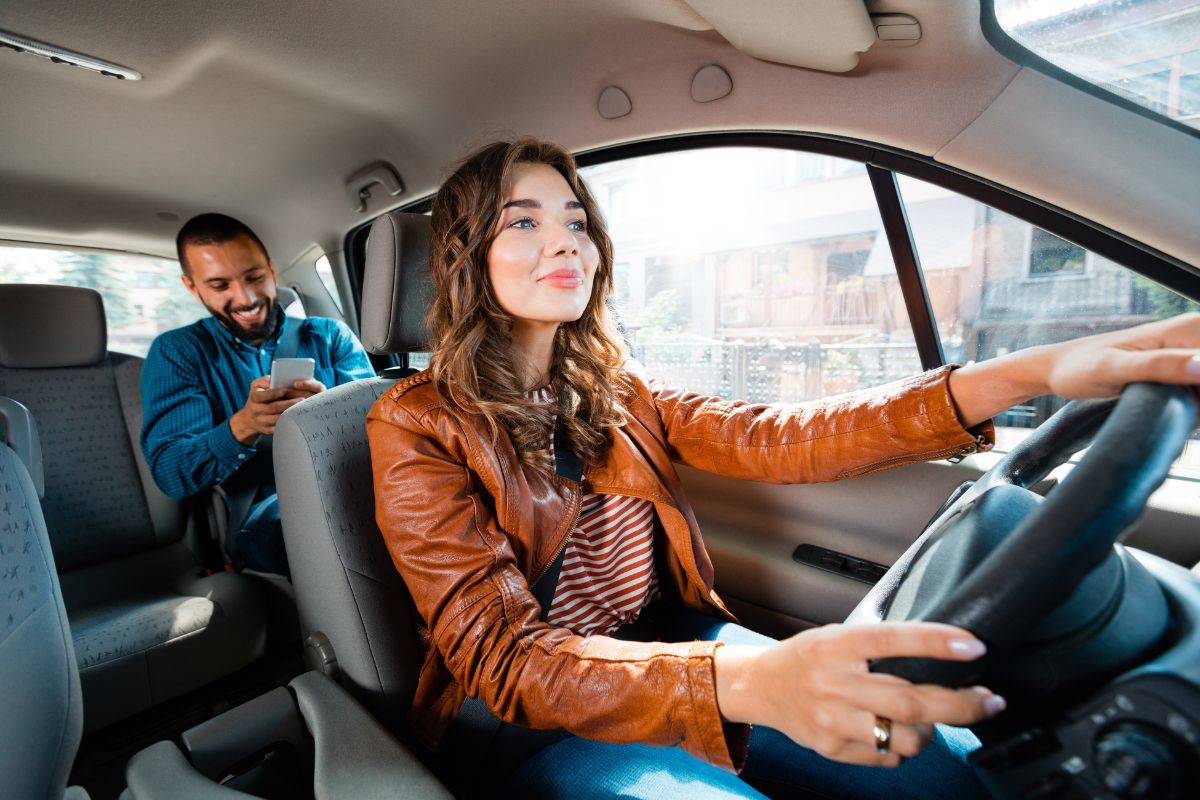
If you get into a car accident with a driver working for a rideshare service like Uber or Lyft, you need to consider some special factor.
How Does Uber or Lyft Car Insurance Work?
People consider Uber and Lyft as public or livery transportation services, much like certain delivery, taxicab, or limousine companies. However, rather than using a company-owned vehicle, Uber or Lyft drivers usually use their own vehicles to drive customers. You can identify a rideshare vehicle by the stickers, lights or badges with the rideshares company logo. A parent company usually considers Uber and Lyft drivers as independent contractors instead of employees.
Uber and Lyft have many rules for their drivers, some of which involve insurance. Uber or Lyft drivers in Wisconsin must carry their own car insurance as a requirement. The state already mandates drivers to have vehicle insurance, and this adds another entity that enforces coverage for drivers.
Unfortunately, many insurance companies do not provide coverage for those using personal vehicles to drive for Uber or Lyft. This means that even though the driver may have insurance, it might not provide any coverage.
Uber and Lyft do have general business automobile coverage for their drivers. However, there are many requirements and exceptions that may apply. Even if an Uber or Lyft driver tells you there is coverage after an accident, that should be confirmed with the rideshare company itself.
Which Insurance Company Will I Be Working With After An Uber or Lyft Accident?
Uber or Lyft driver’s insurance will only be in effect when there is a passenger in the car. In other words, if you are hit by an Uber or Lyft driver that is carrying a passenger, you will be dealing with the Uber or Lyft business insurance company when making a claim.
If the Uber or Lyft vehicle was empty during the accident, then you will work with the driver’s personal insurance company. Keep in mind that the driver’s insurance company may deny the claim because even though there was no passenger on board, the driver was still using the vehicle to pick up a customer.
If that happens, then you may need to make a claim with your own insurance company. If you have uninsured (UM) or underinsured (UIM) on your car insurance policy, you may have coverage even if the Uber or Lyft policy or the other driver’s personal policy do not apply.
What Should I Do After A Car Accident With An Uber Or Lyft Driver?
If you are in a car accident with an Uber or Lyft driver it’s important to take these steps to preserve your claim:
1. Call the police or 911 if anyone involved was injured or there is a risk of fire or further injury.
2. Take photos of the license plates, vehicle damage, and accident scene if possible.
3. Get information about the witnesses. You can share their contact information with the police if witnesses cannot stay at the scene.
4. Gather information about the Uber or Lyft driver. Ask to take a photo of his/her driver’s license. Get a phone number, insurance information, and email address.
5. Cooperate with the police and ask for a copy of the police report. Be sure to let the officer know if you have been injured, even if you hope the injury will be minor. Sometimes the shock of a crash masks serious physical injuries.
6. Contact your insurance company and report what happened. This can be important if you later need to make a UM or UIM claim with your own insurance company.
7. Call one of the lawyers at Habush Habush & Rottier SC. Car accidents involving Uber or Lyft can have complex insurance coverage issues, especially if the insurance companies try to deny coverage for the crash. It is far better to consult with a lawyer early, rather than wait until your claims may have already been compromised.
Let us help you find an Uber and Lyft accident lawyer that knows the ins-and-outs of these complicated cases. Contact us today.
